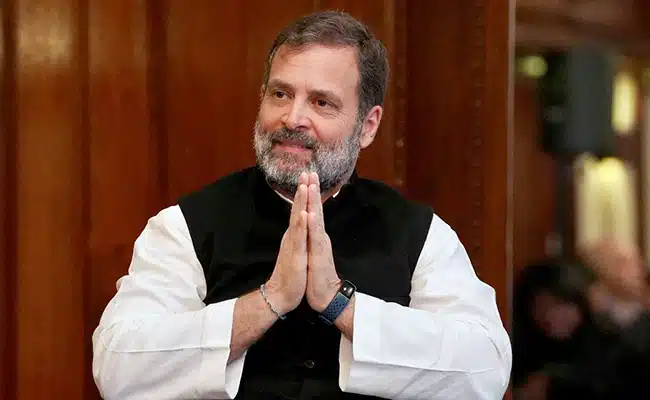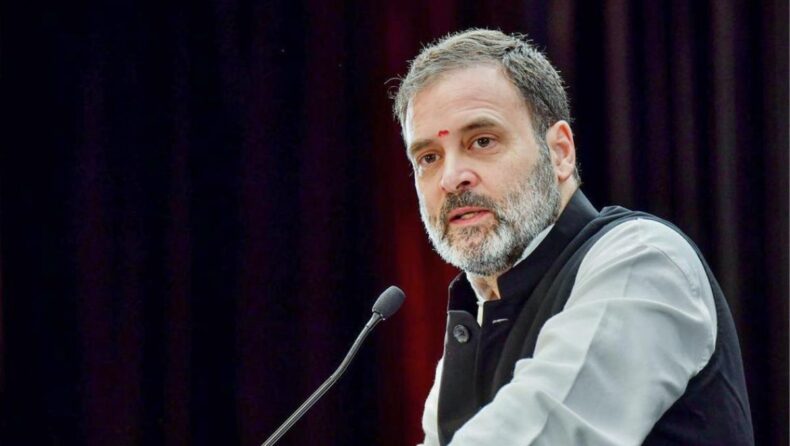In a recent development, the Gujarat High Court has rejected Rahul Gandhi’s plea for a stay on his conviction in a defamation case. The court’s decision marks a significant turning point in the legal battle surrounding the Congress leader’s alleged defamatory remarks against a prominent politician. This ruling raises important questions about the balance between freedom of speech and the limits of political discourse in India.
Background
The defamation case against Rahul Gandhi dates back to 2019 when he made certain comments during a political rally in Gujarat. The remarks were allegedly defamatory towards a senior Bharatiya Janata Party (BJP) leader, resulting in a legal complaint being filed against Gandhi. In March 2021, a metropolitan court in Ahmedabad convicted the Congress leader under Section 500 of the Indian Penal Code (IPC) and imposed a fine of ₹15,000.
Rahul Gandhi’s Plea
Seeking relief from the conviction, Rahul Gandhi filed a plea before the Gujarat High Court requesting a stay on the lower court’s verdict until the final disposal of his appeal. He argued that his statements were made in the heat of the moment during an election campaign and did not amount to defamation. The plea also contended that the defamation case was politically motivated and intended to suppress dissent.
Gujarat High Court’s Verdict
On July 6, 2024, the Gujarat High Court dismissed Rahul Gandhi’s plea for a stay on his conviction. The court observed that prima facie, the statements made by Gandhi were defamatory and fell outside the purview of free speech. The judgment emphasized that public figures must exercise caution while making statements to ensure that they do not infringe upon the reputation of others. The court further noted that defamation laws exist to strike a balance between the right to freedom of speech and the right to protect one’s reputation.
Implications and Significance
The Gujarat High Court’s decision has both legal and political ramifications. Legally, it establishes that Rahul Gandhi’s conviction stands unless overturned on appeal. This ruling underscores the importance of responsible speech, especially for public figures, who carry significant influence and whose words can shape public opinion. It serves as a reminder that the right to free speech is not absolute and must be exercised responsibly, taking into account the potential consequences.
Politically, the rejection of Rahul Gandhi’s plea might impact the perception of the Congress party and its leader. The case has been closely followed by political observers, and the outcome could influence public opinion in the upcoming elections. It also highlights the intense political environment in India, where defamation cases are not uncommon, often used as tools to settle scores or silence critics.

The Gujarat High Court’s decision to reject Rahul Gandhi‘s plea for a stay on his conviction in the defamation case sends a strong message about the need for responsible speech, particularly for public figures. The ruling emphasizes that freedom of speech must be exercised within the boundaries of the law and should not infringe upon the rights and reputation of others. This case serves as a reminder that while political discourse is an essential aspect of a vibrant democracy, it should be conducted with prudence and respect for the rule of law.












